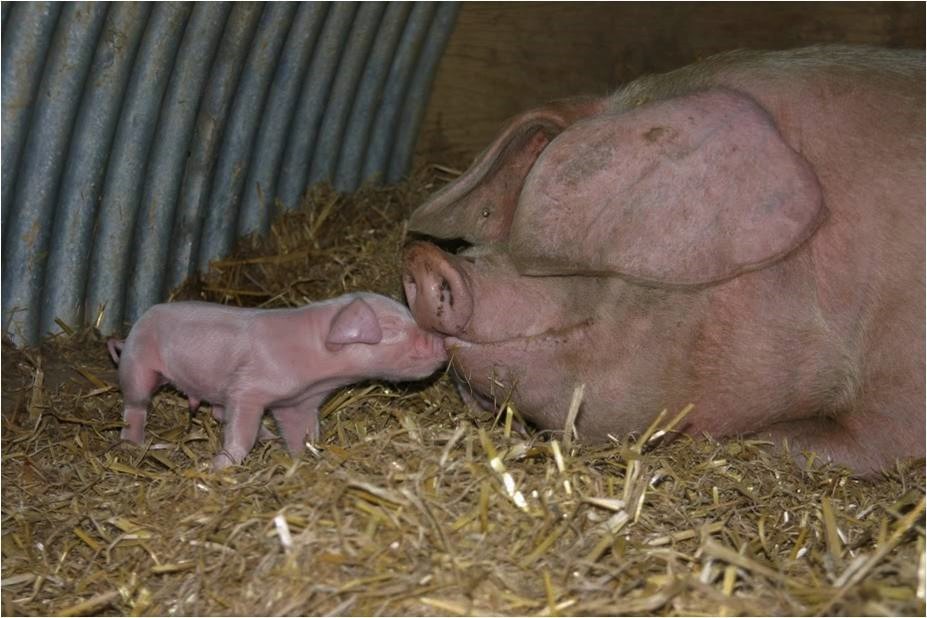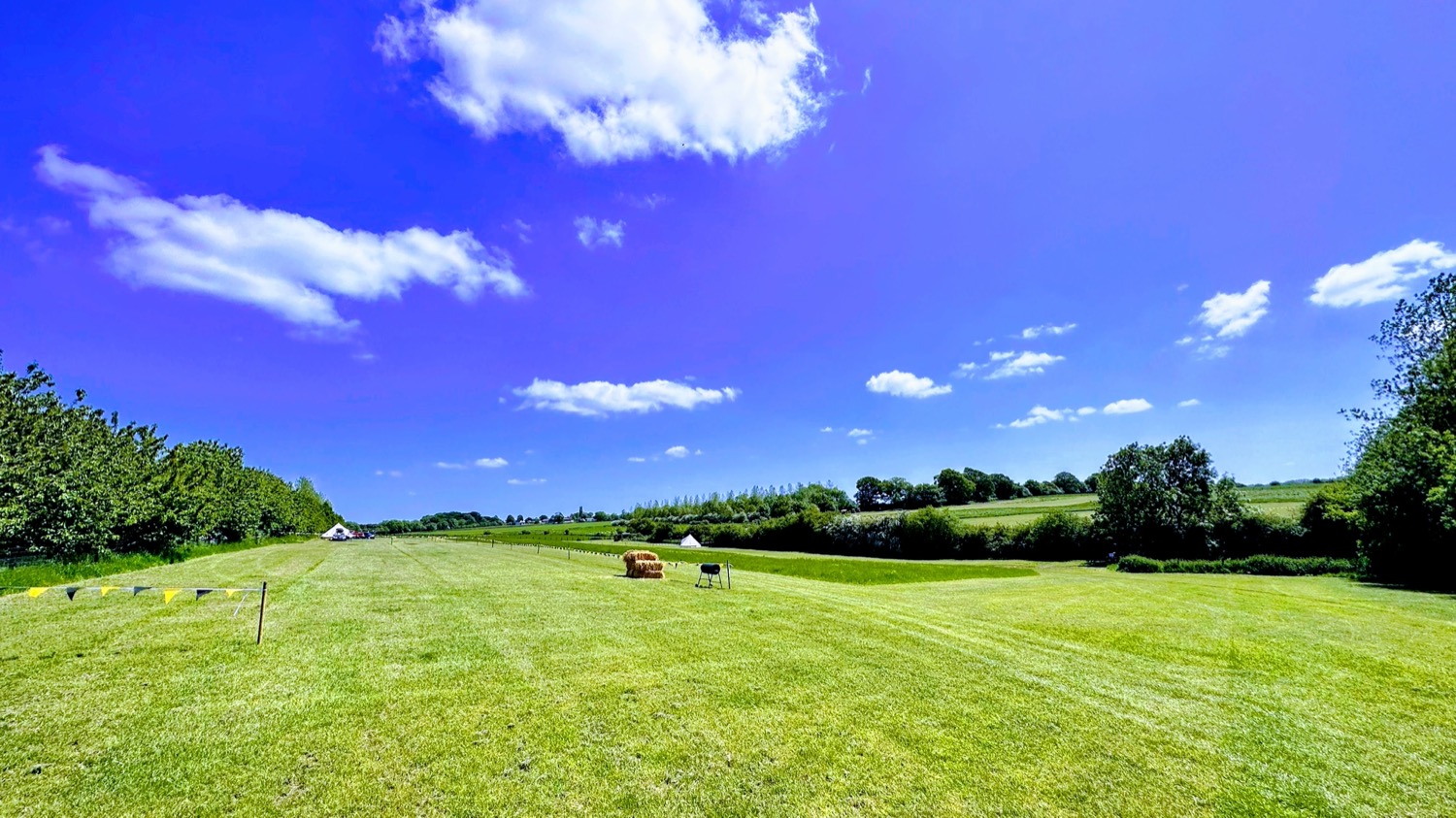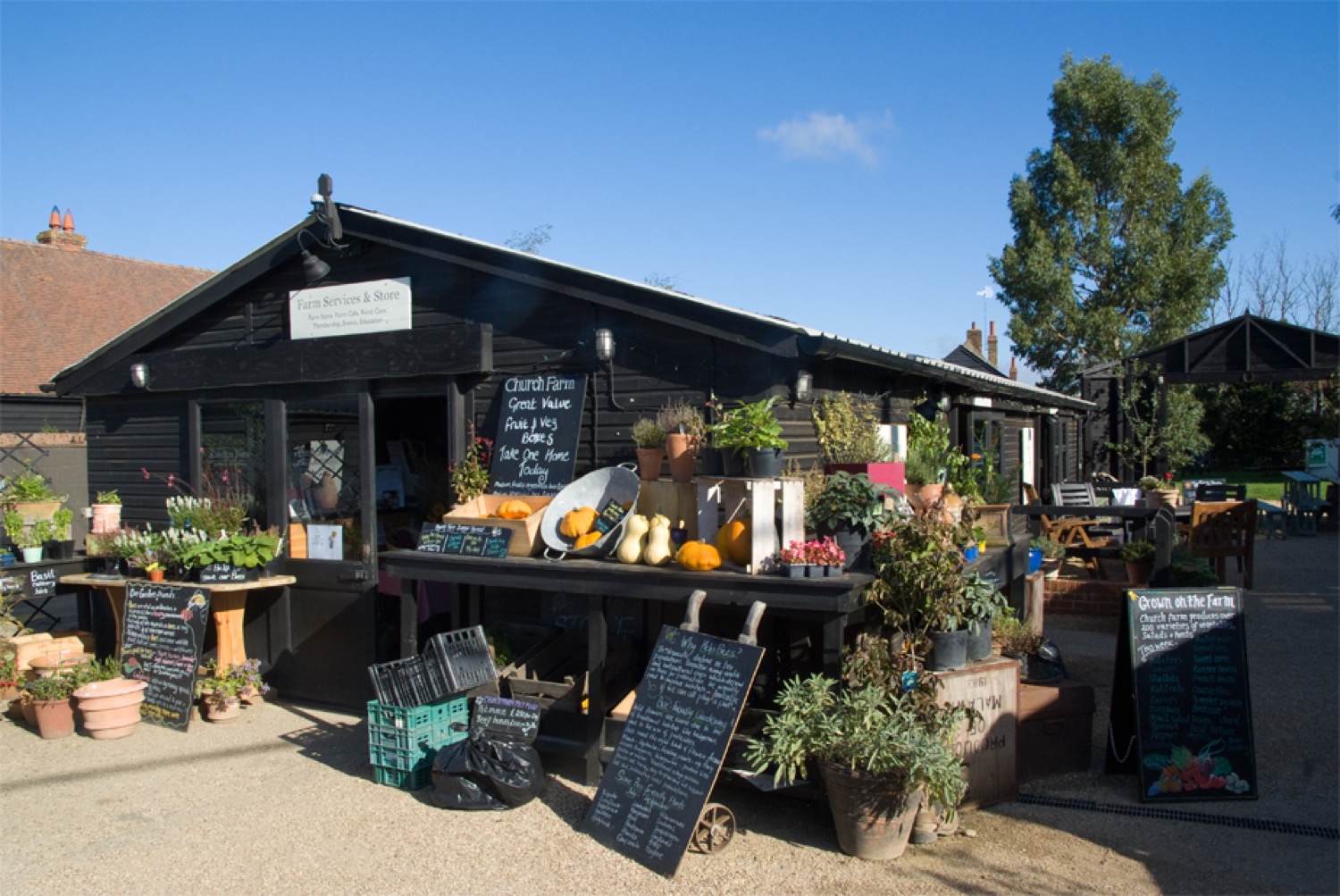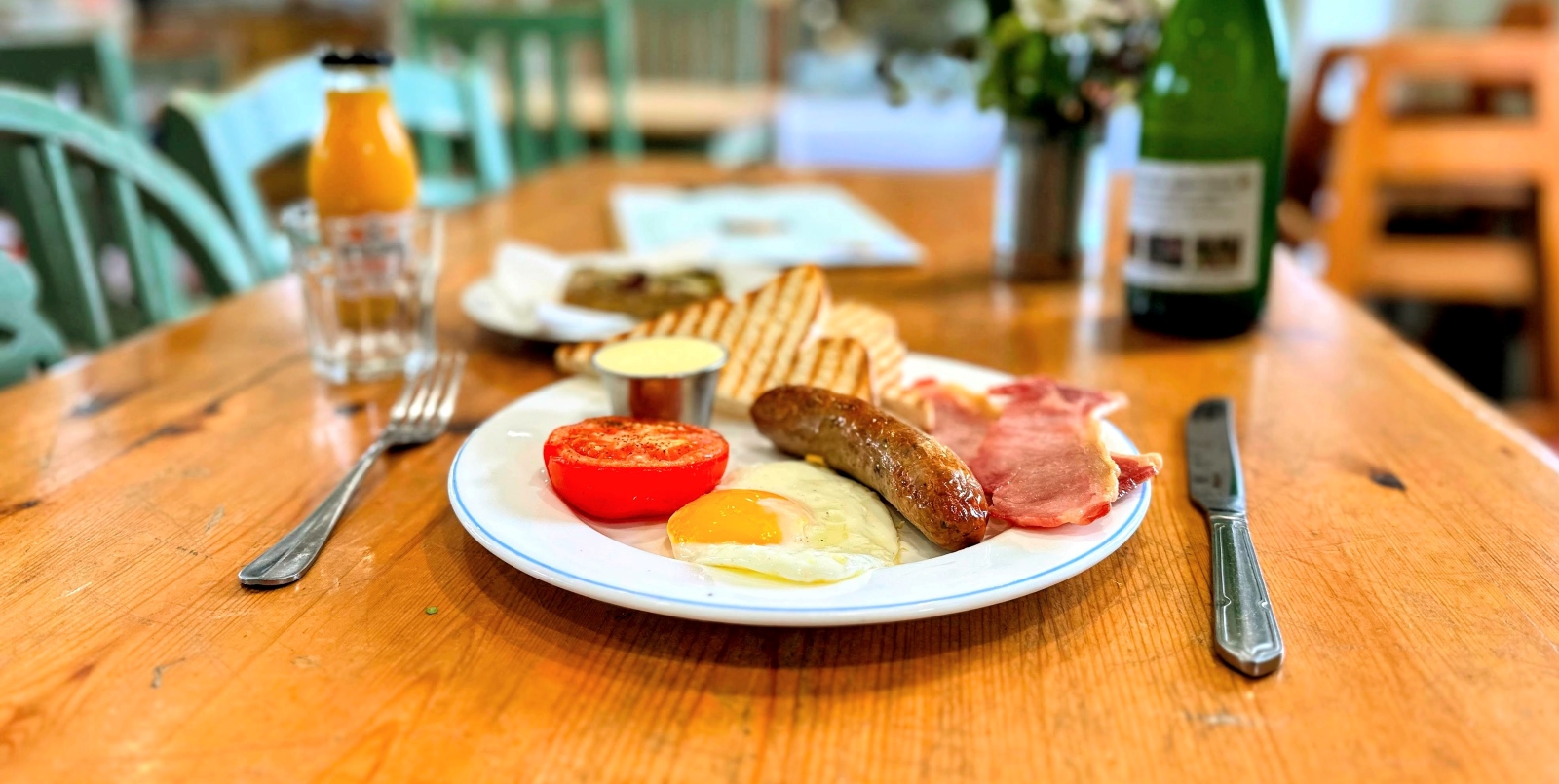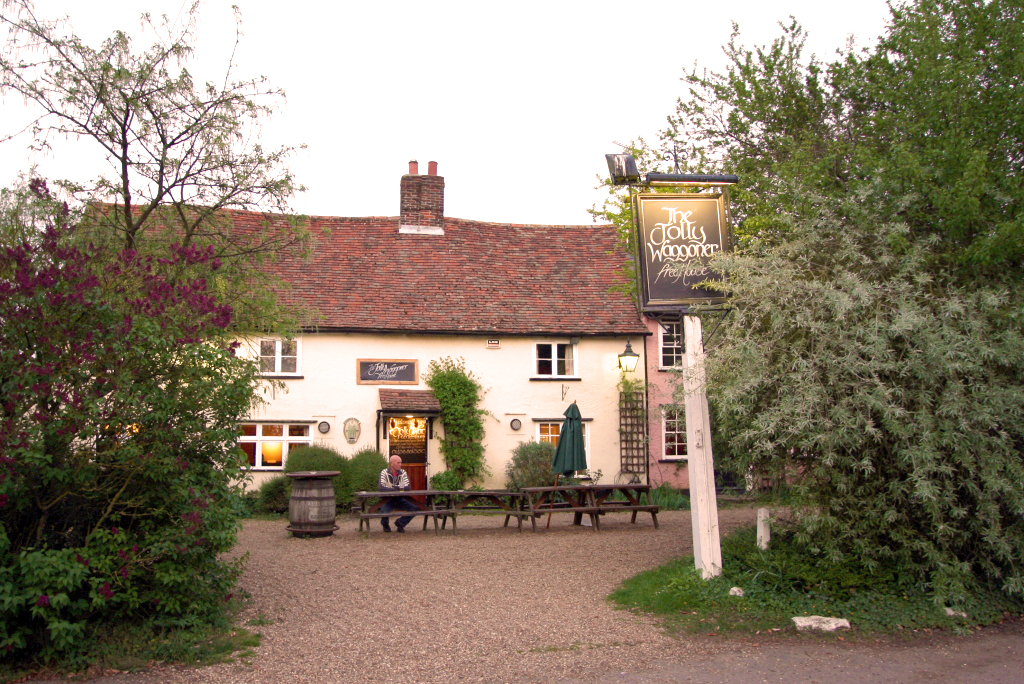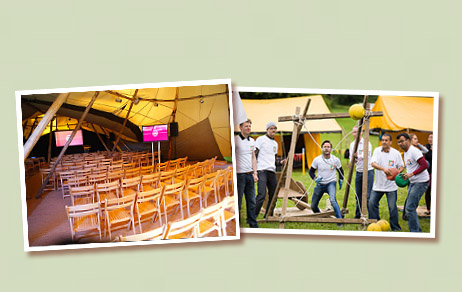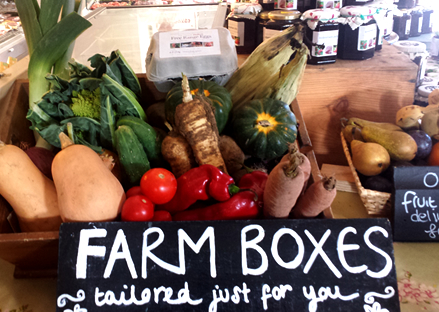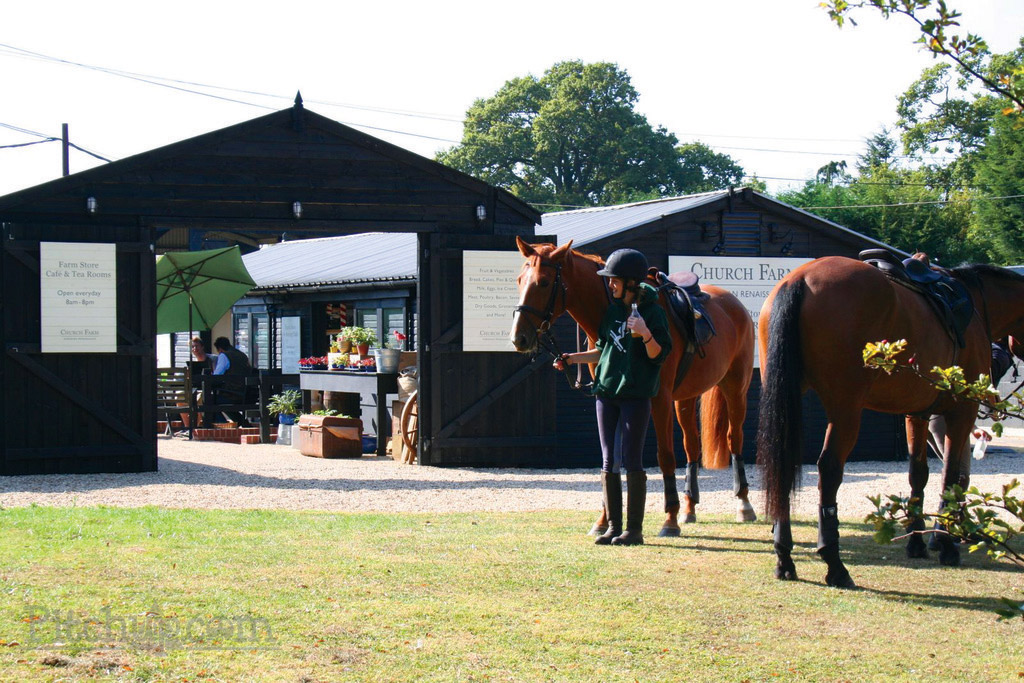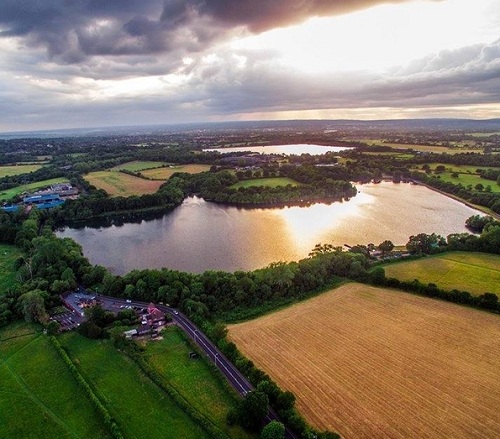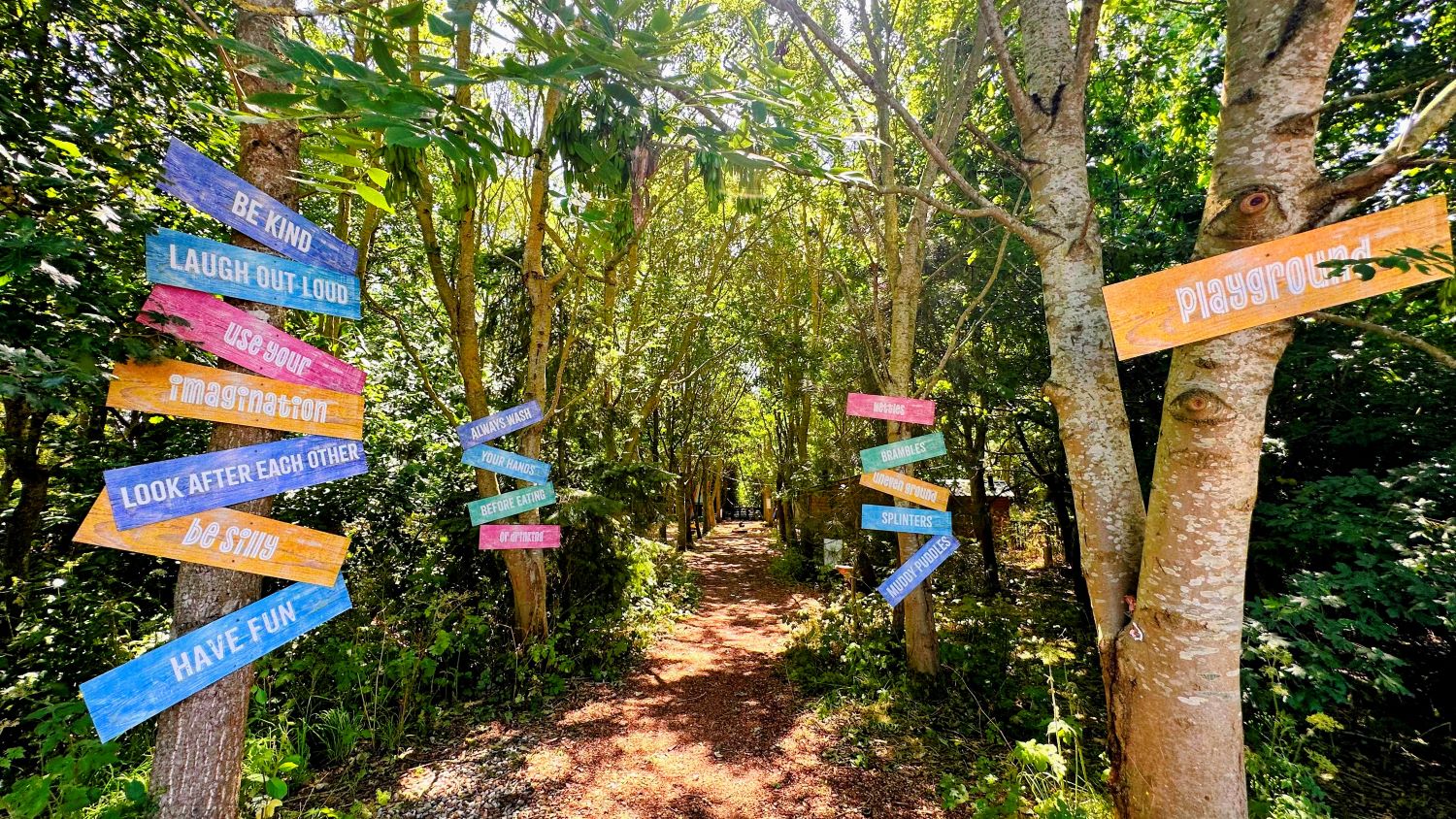Church Farm Ardeley is a community interest, not-for-profit social enterprise, set up by its founders in order to innovate and create, replicable and sustainable small farm enterprises. Started in 2008, it took over six years of huge losses and a steep learning curve to get it to full production and just break even!
Rural care & education programmes are at the heart of everything we do, providing training and work experience for people with learning disabilities and/or mental health issues and offering educational trips, internships and programmes to local schools and colleges. Our ‘Co-farmers’ work with our experienced staff in small mixed ability teams in a variety of jobs to suit individual interests, needs and abilities, contributing to the upkeep and maintenance of the farm.
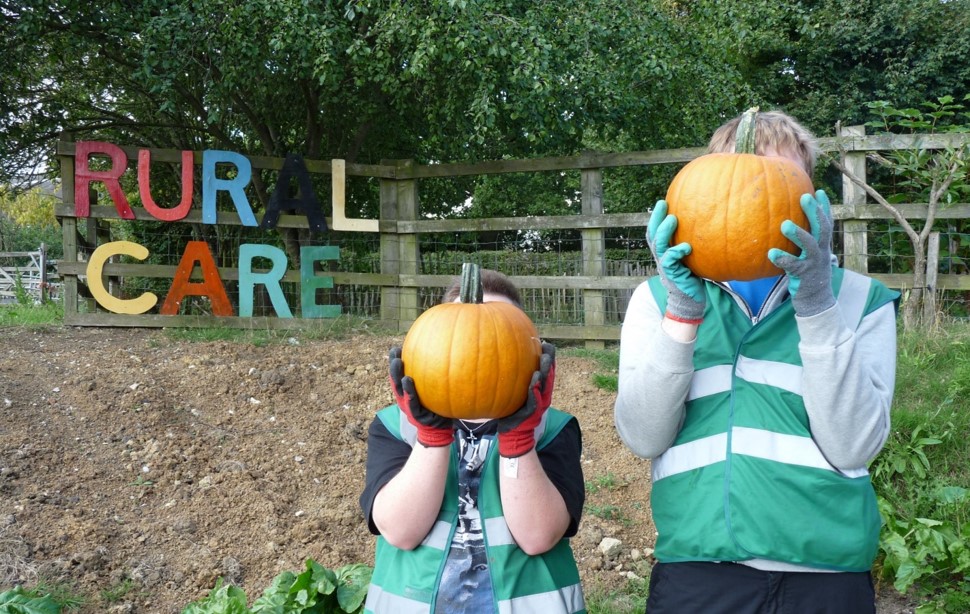
We are open daily to the public and support the 'Field to Fork' movement - growing and producing every fruit, vegetable and cut of meat that we can to then sell through our onsite Cafe, Jolly Waggoner Pub, Farm Shop and food box delivery service. The income from our food production is essential to the sustainability of the farm, Rural Care and our continuing success.
Due to the size and scale of both sites, maintaining them and producing such a wide range of food (without using fungicides, insecticides and pesticides!) takes a lot of people-power. As well as a core team of full and part-time staff, we rely on the support and generosity of local businesses, corporate partners, interns and volunteers to continue the work that we do.
Throughout the year we offer a variety of activities and events to the public and there are also a range of meeting and events spaces, camping and glamping areas, that can be hired for parties and corporate events too. As not-for-profit community interest company, we invest any surplus back into improving the farm and Rural Care to ensure its sustainability for future generations to enjoy.
We pursue our mission, guided by our core values:
People - To care for our people and work collaboratively with partners, fostering a mutually supportive community, on and off the farm
Land - To improve and look after the land, promoting ecological and ethical farming practices
Food - To support safe and sustainable methods of food production that reduce environmental impact, ensure the productivity of the land, and support the economic viability of the enterprise
Place - To ensure a real sense of place for cultural activity, care, education and training in the local community
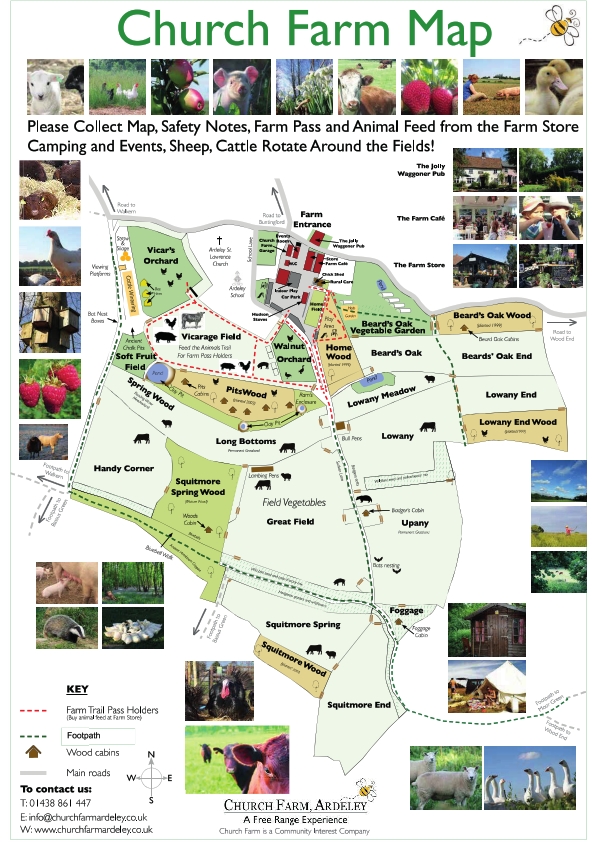
Church Farm is just over 170 acres, download the farm map here and includes:
-
8 acre orchard of 130 varieties of fruit: apples, gages, plums, cherries, quince, medlar, pears, damsons, mulberries and more!
-
Our Vicarage Field which has a 2 acre soft fruit enclosure - a little bit of ‘every berry’
-
20 acres of permanent grassland and 80 acres of grass clover leys
-
2-acre walnut orchard
-
4 acres of wild bird seeds and pollen/nectar mix
-
30 acres of woodland including: 3 acres of ancient hornbeam coppice, 7 acres of established 60-year-old woodland and 20 acres of mixed, mainly hardwoods, planted over the past 10 years
-
2 acres of rough nesting ground along a line of old clay pits
-
2 ponds established in 1996, with two more flood ponds and a new pond in the vegetable gardens
-
Beards Oak Kitchen Gardens growing vegetables and herbs for our café and pub
Typically we grow:
|
Orchard: |
Apples, Pears, Plums, Damson, Gage, Cherries, Nectarine, Apricots, Medlars, Peach, Quince |
|
Soft fruit: |
Strawberries, Raspberries, Blackberries, Tayberries, Blackcurrant, Gooseberries, Red currant |
|
Vegetables Tunnels: |
Tomatoes, Carrots, Leeks, Orientals salad, Rocket, Pak Choi, Tatsoi, Chinese cabbage, Spinach - Leaf beet, Spinach, Parsley, Lettuce, Corn Salad, Peppers, French Beans, Runner beans, Cucumber, Mangetout, Shallots, Garlic, Chilli Pepper, Aubergine, Spring onion |
|
Kitchen Garden: |
Courgette, Marrow, Summer squash, Winter Squash, Leeks, French Beans, Kale, Brussels Sprouts, Broccoli purple sprouting, Celeriac Rhubarb, Chard and more |
|
Herbs: |
Varies each year, Can include Fennel, Parsley, Nasturtium, Sorrel, Basil, Borage, Chives, Horseradish, Lavender, Lemon Balm, Lovage, Oregano, Mint, Rosemary, Sage, Thyme, Coriander |
Livestock includes:
-
Large White breeding sows, boars, weaners & finishers
-
Red Poll, Angus and Red Poll Cross Cattle & Followers
-
Llyen, Suffolk, Texel, Black, White & Badger Faced Welsh Mountain sheep and fat lambs (100 head)
-
Black Rock, Rhode Island and Hybrid Laying hens (350)
-
Small numbers of Goats, Alpaca's, Norfolk Black turkeys, Embden geese, Aylesbury ducks, Bee hives & Apiary Garden
-
In addition, we coppice and produce over 500 bags of logs, make kindling, host 5 bee hives and grow some Christmas trees.
We are also a haven for all kinds of wildlife. We keep and enhance the hedgerows and have planted 5 new woods, 8 acres of orchard, walnut trees and 3 ponds - making for pleasant countryside which in turn encourages a diversity of flora and fauna.
The farming is directly dependent upon people, customers and a great team of all abilities who contribute to growing such an amazing variety of food.
We hope you have fun visiting us and enjoy connecting with the people, land, food and place!
“Eating is an agricultural act” – Wendell Berry

